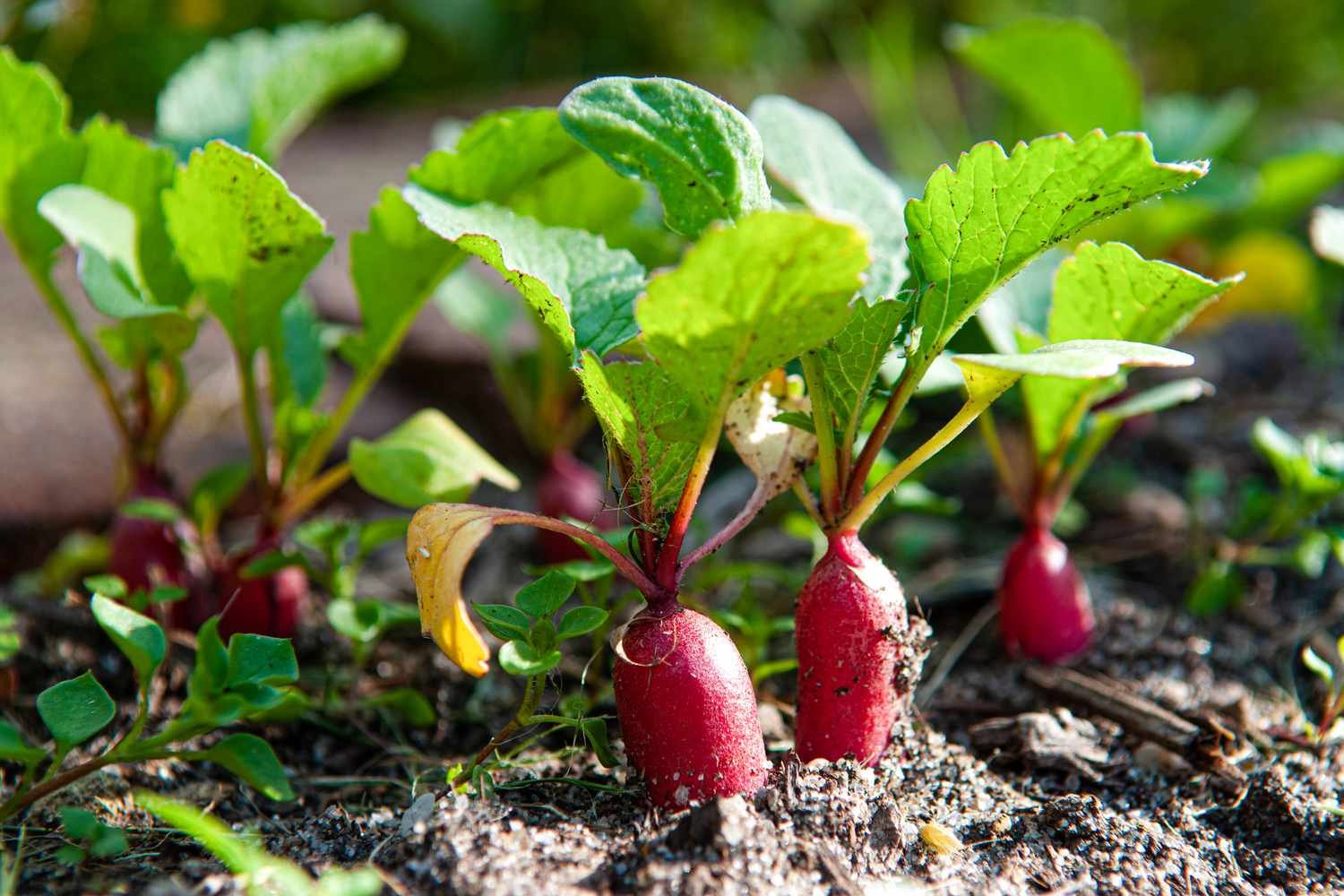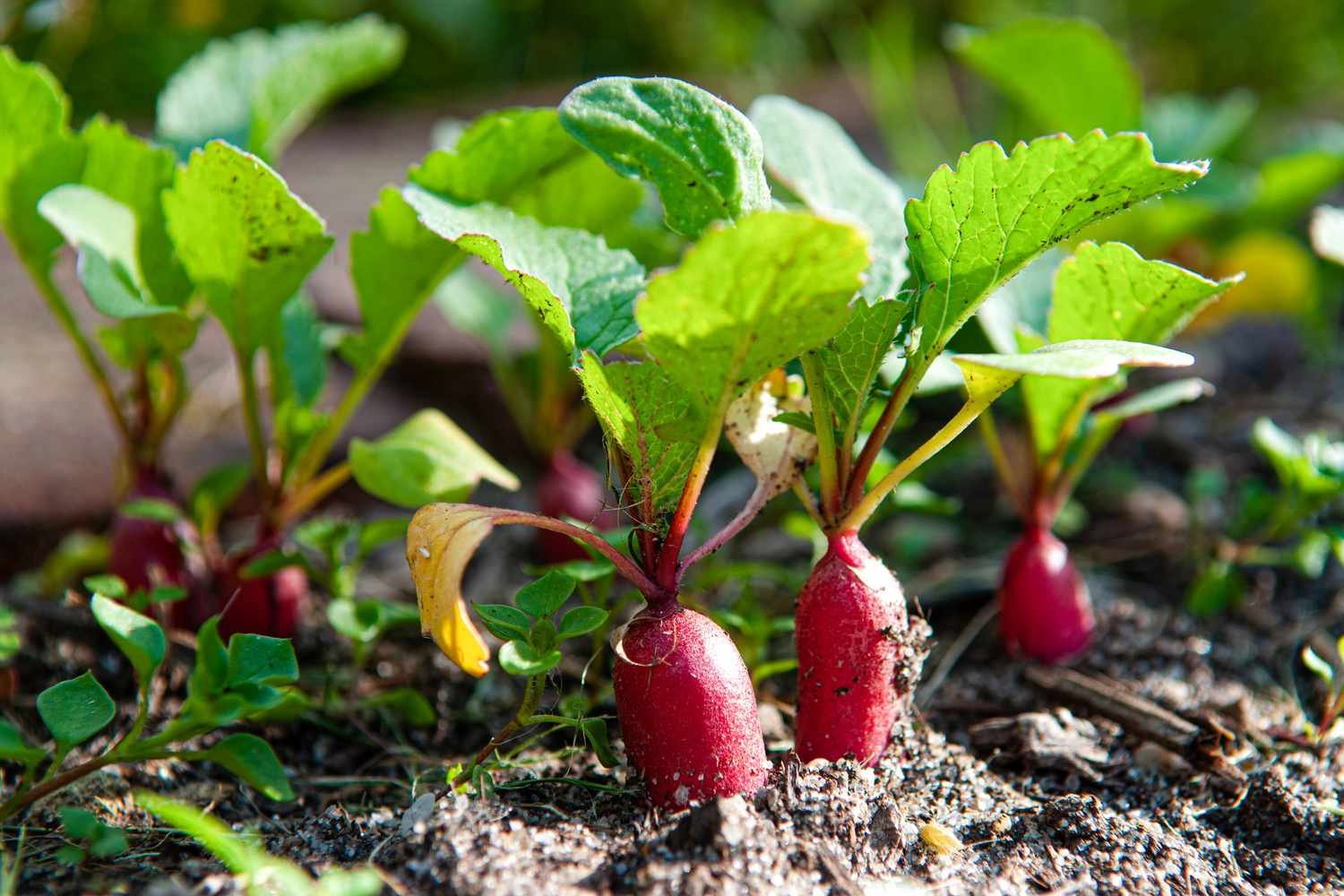Weeds can be a persistent challenge in any garden, competing with your plants for water, nutrients, and sunlight. While chemical herbicides offer a quick fix, organic methods not only effectively manage weeds but also promote soil health and environmental sustainability. Here are several strategies for organic weed control to help you maintain a thriving garden without synthetic chemicals.

Mulching
Mulching is one of the most effective and versatile methods for suppressing weeds:
- Types of Mulch: Use organic materials such as straw, shredded leaves, wood chips, or grass clippings as mulch. These materials not only smother existing weeds but also break down over time, enriching the soil.
- Application: Apply a layer of mulch 2-3 inches thick around plants and between rows to inhibit weed seed germination and growth. Replenish mulch as needed throughout the growing season to maintain effectiveness.
Hand Weeding
Regularly inspecting and hand-pulling weeds is a fundamental yet labor-intensive method:
- Timing: Pull weeds when they are small and easier to remove, ideally after a rainfall or watering when the soil is moist.
- Root Removal: Ensure you remove the entire weed, including the roots, to prevent regrowth. Use a weeding tool or hand fork for stubborn weeds with deep roots.
Cover Cropping
Cover crops not only protect soil health but also suppress weeds:
- Benefits: Plant cover crops such as clover, vetch, or buckwheat during the off-season or in unused garden beds. These crops shade out weeds, compete for nutrients, and improve soil structure.
- Green Manure: At the end of the season, mow down cover crops and incorporate them into the soil to add organic matter and nutrients, suppressing future weed growth.
Solarization
Solarization utilizes sunlight to control weeds and soilborne pests:
- Process: Cover the infested area with clear plastic during the hottest months of the year. The sun’s heat trapped under the plastic raises soil temperatures, killing weed seeds, pathogens, and some pests.
- Duration: Leave the plastic in place for 4-6 weeks to effectively reduce weed populations. This method works best in warm climates with ample sunlight.
Vinegar Solutions
Acetic acid-based herbicides can be an effective spot treatment for weeds:
- Application: Use a spray bottle to apply undiluted vinegar directly onto weeds on a sunny day. The acidity burns the weed foliage, causing it to wither and die.
- Caution: Vinegar solutions are non-selective and can harm desirable plants, so apply carefully and avoid spraying on windy days.
Corn Gluten Meal
Corn gluten meal acts as a natural pre-emergent herbicide and fertilizer:
- Function: Apply corn gluten meal to soil surfaces in early spring before weed seeds germinate. It inhibits root formation in germinating seeds, reducing weed establishment.
- Nutrient Source: Additionally, corn gluten meal provides nitrogen to soil as it breaks down, benefiting your garden plants.
Conclusion
Organic weed control methods not only protect your garden from unwanted plants but also promote long-term soil health and environmental sustainability. By incorporating mulching, hand weeding, cover cropping, solarization, vinegar solutions, and corn gluten meal into your gardening practices, you can effectively manage weeds without relying on synthetic chemicals. Experiment with these strategies to find the combination that works best for your garden’s unique needs. Embrace organic weed control as a holistic approach to gardening, nurturing both your plants and the ecosystem they thrive in. Happy gardening!











